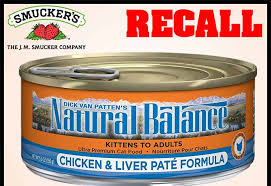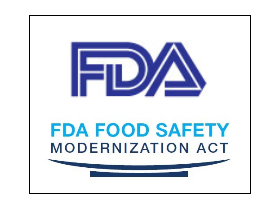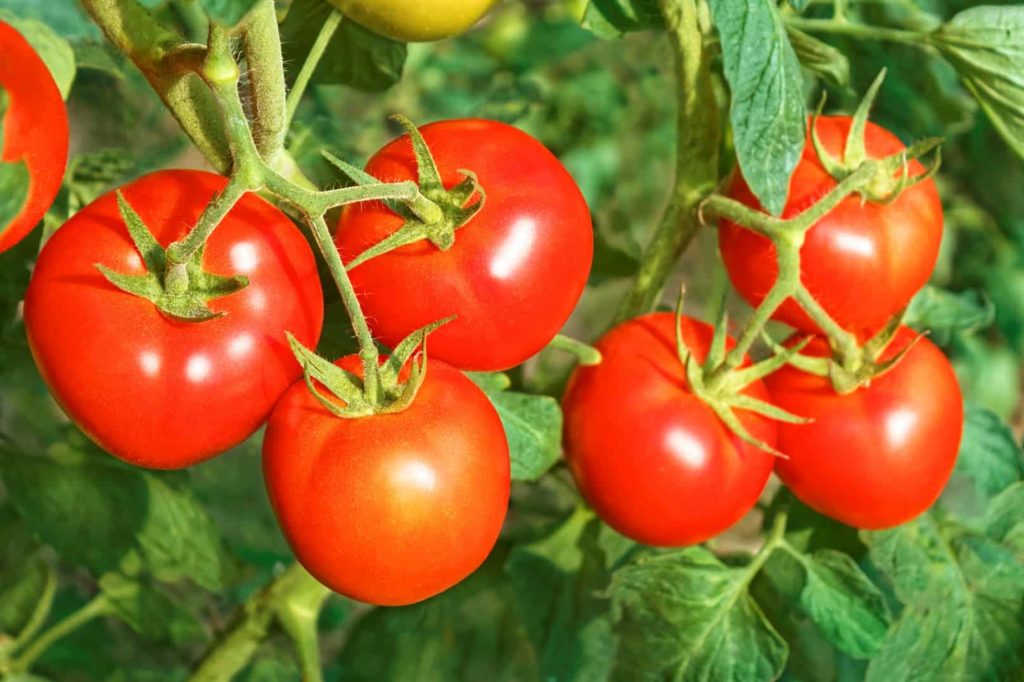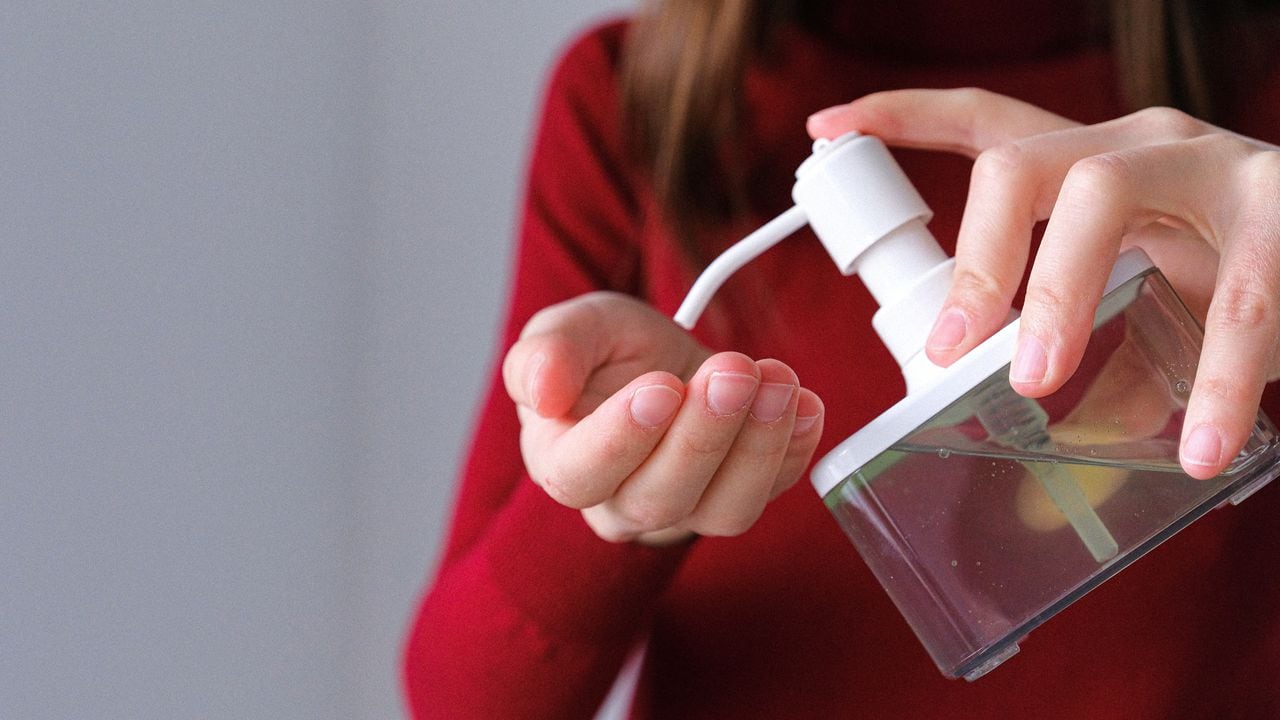Pet Food Safety Advocacy group Truth about pet food got from FDA, through the Freedom of Information Act (FOIA) documents that Smucker’s pet food repeatedly failed to ‘implement nutrient toxicity preventative controls.’ In the last two years, the J.M. Smucker issued three recalls of cat food, all for similar manufacturing errors. In December of 2018, Smucker recalled 9Lives cat food for low levels of thiamine. In December of 2019, Smucker recalled multiple varieties of Special Kitty cat food for excess choline chloride. In July of 2020, they recalled Natural Balance cat food for excess choline chloride. FDA inspected the Pennsylvania Smuckers pet food plant from 12/16/2019 to 1/9/2020. Their report stated in part: “You Did Not Identify And Implement Preventive Controls To Ensure That Any Hazards Requiring A Preventive Control Are Significantly Minimized Or Prevented. ” The pet food manufacturer failed to implement safety requirements for supplements added to their pet foods. The FOIA documents showed that all four sick cats were tested for “ethylene glycol toxicity” (antifreeze), and all cats tested positive. The supplement choline chloride is frequently combined with ethylene glycol to produce industrial-grade solvents. Pet food does not require to include human-grade supplements. Feed grade can consist of industrial-grade supplements. @ https://truthaboutpetfood.com/fda-inspection-report-smuckers-pet-food/amp/
ruth
The FDA issued the first injunction against a company for the violation of the Produce Safety Rule enacted under FSMA. The injunction was issued against Fortune Food Product, Inc., an Illinois-based processor of sprouts and soy products. Inspections by the FDA found that the company failed to comply with Produce Safety and Current Good Manufacturing Practice regulations. The FDA conducted multiple inspections and documented unsanitary conditions showing that sprouts and soy products may have become contaminated with filth or rendered injurious to health. The FDA issued a warning letter identifying significant evidence of rodent activity and insanitary conditions and practices throughout the farm mixed-type facility. U.S. District Judge entered the consent decree of permanent injunction on September 15, 2020, between the U.S. and Fortune Food Product, Inc., its majority owner Steven Seeto and its supervisor Tiffany Jiang. The settlement prohibits the company from growing, harvesting, packing, holding sprouts and soy products at or from their facility, or any other facility until specific requirements are met. The FDA is not aware of any confirmed illnesses related to Fortune Food’s products. @ https://www.fda.gov/news-events/press-announcements/fda-issues-first-injunction-under-produce-safety-rule-illinois-based-food-manufacturer-repeated-food?utm_medium=email&utm_source=govdelivery
FDA issues first injunction under Produce Safety Rule to Illinois-based food manufacturer for repeated food safety violations
ruth
A study by researchers from the Center of Food Safety at the University of Georgia, published in Food Control (Vol. 119, Jan 2021), suggests that applying sanitizers to tomatoes, pre-harvesting can reduce foodborne pathogens. The treatment is better than the current post-harvest treatment. A new bactericide comprised of two chemicals, levulinic acid and sodium dodecyl sulfate (SDS), was evaluated. Results obtained from inoculation studies on tomato plants confirmed that this bactericide reduced the count of Salmonella, STEC, and L. monocytogenes populations substantially (P<0.05) when compared with water and chlorine treatment. Results showed that the application of this organic bactericide was effective for the reduction of foodborne pathogens and microbial loads in pre-harvest tomatoes. The approach described is a practical, easy-to-use, labor-cost-effective, and environmentally friendly approach for control and reduction of foodborne pathogens that may contaminate the surface of the produce at the pre-harvest stage.@ https://www.sciencedirect.com/science/article/pii/S0956713520303856
A new bactericide comprised of two chemicals, levulinic acid and sodium dodecyl sulfate (SDS), was evaluated for its efficacy on tomatoes to reduce coâ¦
ruth
The list of hand sanitizers on the “do-not-use” list keeps growing. The FDA continues to warn consumers not to use 176 hand sanitizer products due to potential methanol contamination. The FDA says the recalled hand sanitizer products are considered unsafe due to methanol contamination or because they contain low levels of ethyl alcohol or isopropyl alcohol, which are active ingredients in hand sanitizer products. CDC reported adverse events associated with the listed hand sanitizer products, including adults and children who ingested products contaminated with methanol that led to blindness, hospitalizations, and death. New products are added to the list very frequently. The investigation by the FDA into the use of methanol in hand sanitizers is ongoing. @ https://www.ksat.com/news/local/2020/09/11/176-hand-sanitizers-recalled-after-reports-of-blindness-and-hospitalizations-fda-reports/?outputType=amp
The list of recalled hand sanitizer products that the U.S. Food and Drug Administration is warning consumers not to use due to potential methanol contamination has grown to nearly 150.




